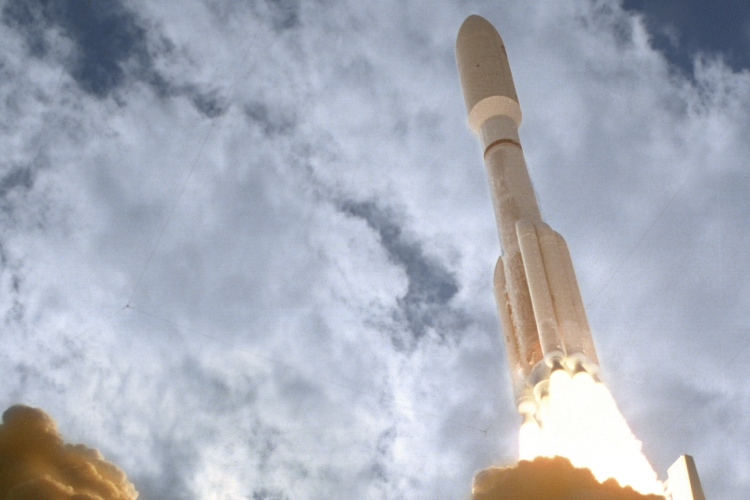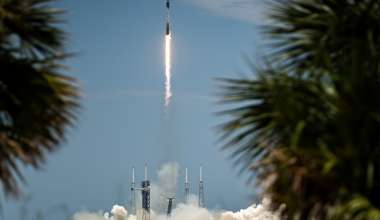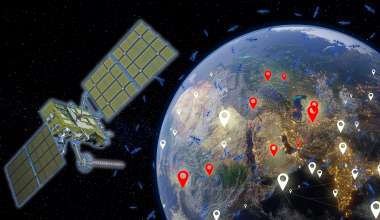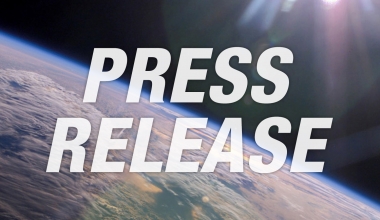A team of launch vehicle and satellite experts are putting their heads together to improve launch timelines, with the ultimate goal of enabling a “ship and shoot” scenario, in which a satellite can be launched within 30 days on any of several certified launch vehicles.
“This would offer increased flexibility to provide capabilities as quickly as needed in response to loss of on-orbit assets or emerging needs,” said Randy Kendall, vice president of Launch Program Operations.
Fine Tuning the Mission Assurance Process
Today, launch manifests are established at least a year in advance and there are few options to swap satellites or launch vehicles if problems occur with one or the other. The main challenges in swapping out launch vehicles and payloads include understanding the structural interactions between the booster and payload and ensuring the integrity of the launch vehicle.
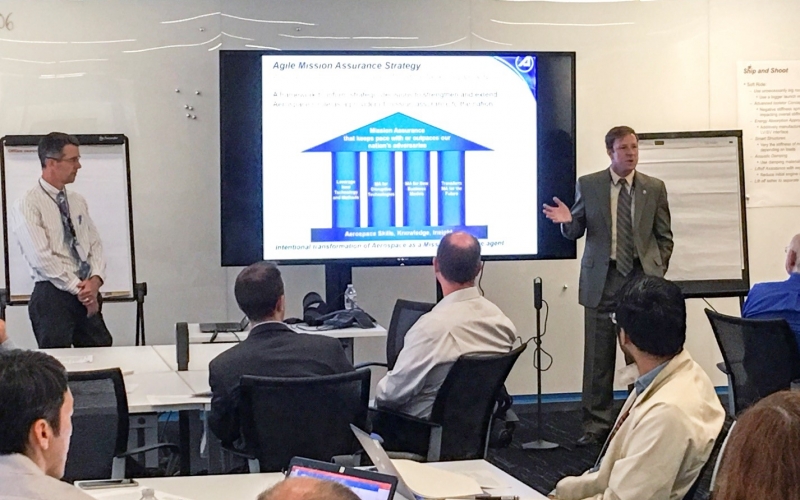
At a brainstorming session last month, the team considered a wide spectrum of options ranging from dramatic streamlining of readiness reviews to an approach that leverages the design, manufacturing, test, and flight maturity of a given configuration to focus the mission assurance process at the system rather than the unit level.
“It’s not just about doing the same things faster; it’s about developing methods that deliver mission assurance for rapidly evolving space capabilities to meet a very dynamic threat environment,” said Aerospace Fellow Matt Smith. “These hardest of problems are where Aerospace excels.”
New Methods and Tools to Speed Up Launch
There are many analyses currently performed for each launch, and if they are done sooner in the process, that could speed things up. Leveraging new tools like cloud computing could also potentially save time. Another option is to pre-define analytical envelopes for payloads. If they fit in the envelope, they can fly on the corresponding launch provider.
New design options could also be explored that reduce the structural loads transmitted to the payload—providing extra margin, reducing the typical analysis performed, and not increasing risk. More perceptive testing could simplify the process of verifying component functionality and robustness.
Aerospace experts continue to investigate these and other options focused on gaining process efficiencies to dramatically improve the responsiveness of the launch readiness process while maintaining mission assurance.
“We are combining our extensive history in the space industry with the latest and greatest ideas and cutting-edge tools to come up with the best options possible for launch,” Kendall said. “Thinking like this will be increasingly critical to support the dynamic demands of our customers.”
